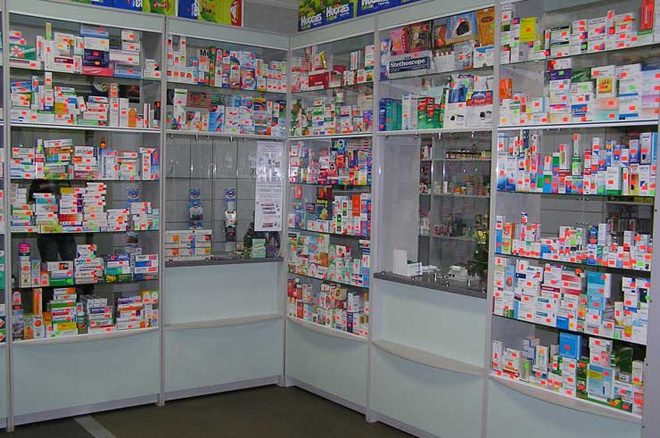The Obama administration has quietly eased restrictions on the sale of medicine to Iran amid signs that concern over the suffering of ordinary citizens could complicate an international campaign to punish Iran for its disputed nuclear program, LA times reported.
Though U.S. rules have always permitted American firms to sell medicine and medical supplies to Iran, exporters have been required to apply for special licenses. Last month, the Treasury Department changed the rules to provide what amounts to a "standing authorization" for sales of certain foods and medicines to ease the paperwork burden, a spokesman for the department's Office of Foreign Asset Control said.
"The goal is not for the sanctions to obstruct this kind of trade," said the spokesman, who declined to be identified, according to his agency's policy.
The rule change, first reported on the website Al-Monitor.com, comes at a time when a propaganda battle seems to be shaping up between Iran and the West over whether ordinary Iranians are suffering under the sanctions. The U.S. and European sanctions were sharply tightened last summer, cutting Iran's oil exports in half, weakening its currency and restricting imports.
Iran's state-run news media have been stepping up a campaign to blame the West for privations and especially for harming ailing Iranians.
It has been quoting physicians, academics and charity officials about growing difficulty in obtaining medicines and medical supplies because of complications surrounding the purchase of foreign goods. The sanctions have depleted Iran's foreign currency holdings and made many international financial institutions wary of financing exports to Iran.
Fatemeh Hashemi, head of the Charity Foundation for Special Diseases, a nongovernmental organization supporting 6 million patients in Iran, has been widely quoted in the Iranian and European news media saying that the sanctions have made it difficult to find medicines for such diseases as hemophilia, cancer and multiple sclerosis.
In comments to the Iranian website Tabnak, she said Iranians with these illnesses were suffering "all because of sanctions against banks or problems with transferring foreign currency."
Hashemi wrote U.N. Secretary-General Ban Ki-moon asking him to intervene on behalf of Iranian patients who were having their "basic human rights" taken away by the sanctions. She found a sympathetic ear.
Ban said in a subsequent U.N. report that sanctions were, in fact, taking a toll on humanitarian operations in the country. "Even companies that have obtained the requisite license to import food and medicine are facing difficulties in finding third-country banks to process the transactions," he wrote.
Ismail Salami, an Iranian academic, wrote last week in the Russian newspaper Pravda, "The bitter question is: Is the West taking sadistic pleasure in incurring genocidal deaths, or does the West naively believe that they are achieving their fiendish goals in the Muslim country?"
U.S. officials have recently shown a new sensitivity to the issue. After emphasizing for much of this year their desire to impose "crippling" sanctions to force the Iranian regime to agree to curbs on its nuclear program, this fall officials began emphasizing their reluctance to harm the Iranian public.
"No one likes sanctions," a senior administration official told reporters in September. "We understand that sanctions sometimes not only hurt countries, but have an effect on people's day-to-day lives.... But we believe it is necessary for Iran to understand that there are consequences to their not addressing the concerns of the international community."
Some U.S. officials have expressed doubts about the extent to which the sanctions are responsible for difficulties in the Iranian healthcare system. They note that Iran continues to pay for an expanding nuclear program and for military support for Syria, which faces a growing internal conflict.
Edited by: S. Isayev






